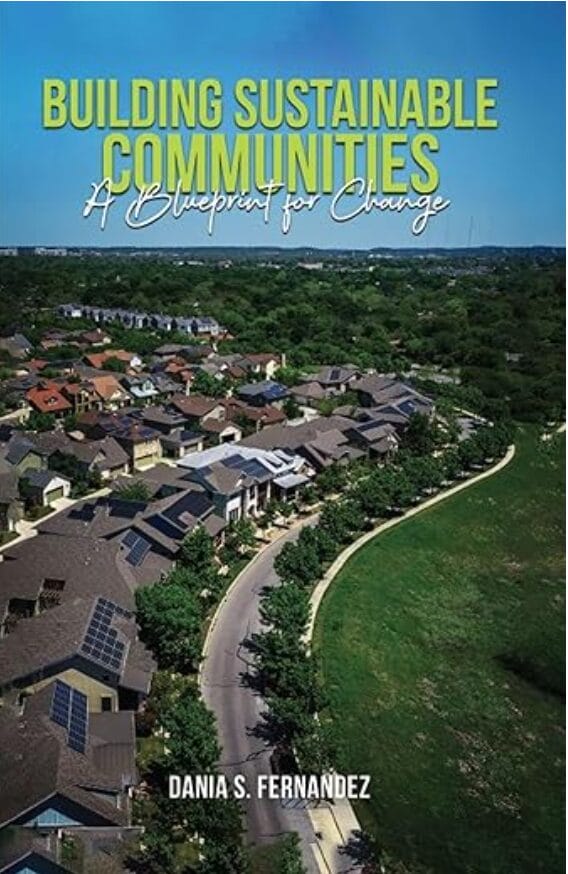
In Florida, homeowners’ association (HOA) board meetings are generally required to be open to all association members. However, there are two specific instances when the board is permitted to hold a closed-session meeting – meaning the meeting is not open to all members. Understanding when these closed sessions are allowed and what can be discussed during them is crucial for maintaining transparency with your community and adhering to Florida’s community law legal requirements.
When are Closed Board Meetings Allowed?
For the vast majority of the time, Florida HOA and condo association board meetings must be open to all members, and proper advance meeting notice must be given. That said, there are two exceptions to the open meeting requirements. A board may choose to hold a closed-session meeting if they need to either:
- Meet with an attorney, or
- Discuss personnel matters
Section 718.112(2)(c)3 of the Florida Condominium Act speaks directly to these exceptions. The Florida Cooperative Act (Chapter 719, Florida Statutes) and the Florida Homeowners’ Association Act (Chapter 720, Florida Statutes) state the same exceptions for HOAs and other community associations.
One of the most common reasons a board may host a closed-session meeting is to meet with its attorney to discuss legal matters, such as pending or proposed litigation, or to seek legal advice on matters that may affect the association. These discussions are protected under attorney-client privilege and are exempt from the open meeting requirements.
Additionally, discussions related to sensitive personnel issues, such as employee performance evaluations, disciplinary actions, or employment contract negotiations, may also be held in a closed session. These discussions are considered closed to protect the privacy of the individuals involved.
What Isn’t Allowed During a Closed-Session Board Meeting
Other than these two matters, board meetings should be open to the community. During a closed-session meeting, board members are not allowed to discuss general HOA or condo association business. Discussions about topics like budgeting, maintenance projects, or rule changes must be conducted in an open session where all members are allowed to attend.
Moreover, any votes on general association matters, such as approving a budget or enacting new rules, must occur in an open meeting. Votes cannot be conducted in a closed session unless they pertain to one of the specific allowed topics.
Contact Our Legal Team with Questions
Closed-session association board meetings are allowed in Florida but only under specific circumstances. If you have questions about Florida community law or need to retain an attorney for your association, contact our team at Dania Fernandez & Associates, P.A. by calling 305-254-4492.


Can a FL 719 Board have closed work sessions to prepare for Open Board Meetings, i.e. building or outlining an agenda for the open meeting, discussing day to day association operations among the Board to ensure consistency of adherence to policy and procedure?
Can a FL HOA board have a closed meeting to discuss board member duties and responsibilities?
Example
Who can directly comuncate with management company regarding board business and other guildlines for board members to follow? Thank you
Can a Board hold a closed doir meeting about another board member and exclude that board membercfrom the meeting? The Board member had a previously scheduled meeting and the President of the Board refused to reschedule or move meeting by 2 hours
for purposes of negotiating payment of over $1million for work still not completed, with a vendor who is also the HOA board president,) can the Condo Board hold a closed meeting with that person- excluding even the Manager?